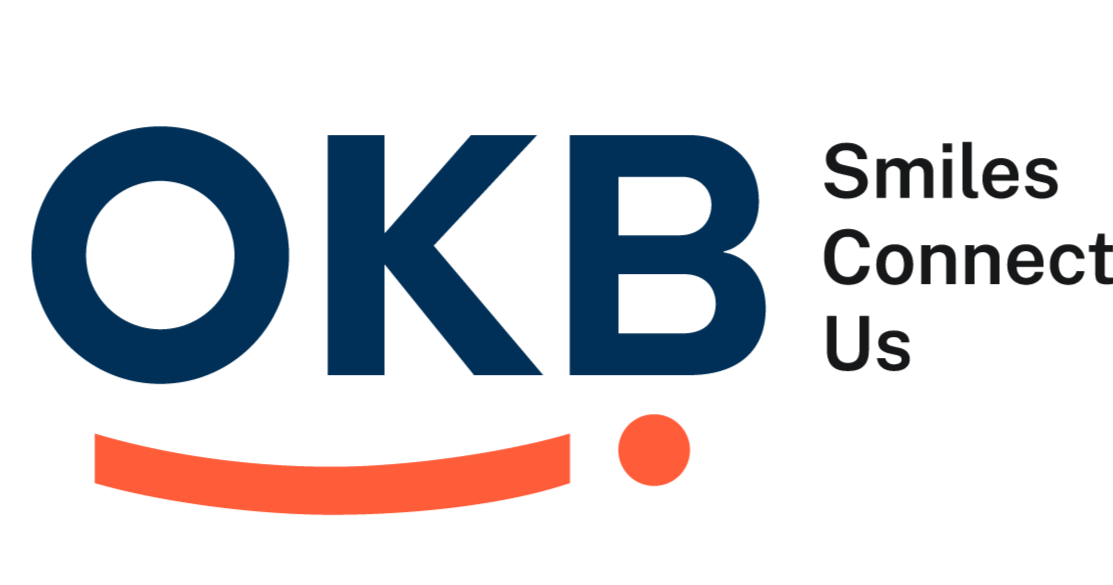Hearing loss is a significant concern for many older adults in the United States, but Medicare’s coverage of hearing aids and related services can be confusing. This article breaks down the top 10 things you need to know about Medicare’s policies on hearing aids and what alternatives are available to help with the costs.
1. Original Medicare (Parts A and B) Does Not Cover Hearing Aids
Original Medicare, which consists of Part A (hospital insurance) and Part B (medical insurance), does not cover hearing aids. It does not provide coverage for routine hearing exams or the cost of hearing aids. However, Medicare may cover diagnostic hearing exams if they are deemed medically necessary due to a medical condition.
2. Medicare Part B May Cover Hearing Exams in Specific Cases
While Original Medicare does not cover routine hearing exams, Part B may cover hearing exams if they are medically necessary. For example, if a physician suspects hearing loss as a result of a medical condition, Medicare may pay for a diagnostic hearing exam. This does not extend to hearing aids or routine exams for fitting purposes.
3. Medicare Advantage (Part C) May Cover Hearing Aids
Medicare Advantage (Part C) plans, which are offered by private insurance companies, may offer additional benefits, including coverage for hearing aids. These plans must cover all the services offered by Original Medicare, but they often include additional benefits such as hearing aid coverage, routine hearing exams, and fittings. The specific coverage can vary by plan, so it's essential to check the details of your plan.
4. What Does Medicare Advantage Cover for Hearing Care?
In addition to hearing aids, some Medicare Advantage plans may cover:
-
Routine hearing exams
-
Hearing aid fittings and follow-ups
-
A selection of hearing aids
-
Hearing aid allowances or discounts
These benefits are not guaranteed with all Medicare Advantage plans, so it's important to review your plan's Evidence of Coverage.
5. Dual-Eligible Beneficiaries Have Additional Coverage Options
If you qualify for both Medicare and Medicaid (dual eligibility), you may have additional options for hearing aid coverage. Some Dual Special Needs Plans (D-SNPs) offer enhanced benefits, including hearing aid coverage and assistance with related services. These benefits can vary by state and plan, so contacting your Medicaid provider is essential for more information.
6. Legislative Efforts to Expand Medicare Coverage for Hearing Aids
Despite the high incidence of hearing loss among older adults, Medicare has not covered hearing aids for many years. Several legislative efforts have been made to change this. For example, the Medicare Hearing Aid Coverage Act of 2015 sought to provide Medicare beneficiaries with hearing aid coverage, though it did not pass.
Additionally, the Over-the-Counter Hearing Aid Act of 2017 created a category of over-the-counter hearing aids, which allows consumers to purchase hearing aids directly without a prescription. While these devices are not covered by Medicare, they offer a more affordable option for many.
7. Over-the-Counter (OTC) Hearing Aids as an Alternative
The Over-the-Counter Hearing Aid Act of 2017 made it possible for adults with mild to moderate hearing loss to purchase hearing aids directly from retailers without a prescription. These devices are typically more affordable than prescription hearing aids and are available over the counter. However, OTC hearing aids are not covered by Medicare.
8. State Assistance Programs for Hearing Aids
Some states offer financial assistance for hearing aids, particularly for low-income seniors or those with specific health needs. Medicaid programs in some states may provide coverage for hearing aids, though this depends on your location and eligibility. State-run programs or nonprofit organizations may also provide additional help with purchasing hearing aids.
9. Veterans Affairs (VA) Coverage for Hearing Aids
Veterans may be eligible for hearing aids through the Department of Veterans Affairs (VA), regardless of their income level. The VA offers a comprehensive hearing aid program, including fittings, exams, and the devices themselves. Eligibility for VA benefits can depend on factors such as military service, health conditions, and financial need.
10. How to Find Out if Your Medicare Advantage Plan Covers Hearing Aids
To determine whether your Medicare Advantage plan covers hearing aids, review your plan's Evidence of Coverage (EOC) or contact your insurance provider. Coverage can vary by provider, so it’s important to know what services are included in your specific plan. Many Medicare Advantage plans provide information on hearing aid benefits and related services.
Conclusion
While Original Medicare does not provide coverage for hearing aids, there are several options available through Medicare Advantage, state assistance programs, and the VA. Additionally, over-the-counter hearing aids and legislative efforts are providing more affordable options for those with hearing loss. It's crucial to explore these options to ensure that you get the hearing care you need.
For more detailed information about Medicare coverage for hearing care and audiology services, visit the official resources such as the Center for Medicare Advocacy.
FAQ Section
1. Does Medicare cover the cost of hearing aids?
Original Medicare does not cover hearing aids, but Medicare Advantage plans may provide coverage.
2. Are hearing aids covered under Medicare Advantage plans?
Yes, many Medicare Advantage plans offer coverage for hearing aids and related services, though the specifics vary by plan.
3. Can I get hearing aids through Medicaid?
Some states provide Medicaid coverage for hearing aids, particularly for low-income individuals or those under 21. Check with your state's Medicaid office for more details.
4. Are there any legislative efforts to get Medicare to cover hearing aids?
Yes, various legislative efforts, including the Medicare Hearing Aid Coverage Act and the Over-the-Counter Hearing Aid Act, have been introduced to expand hearing aid coverage.
5. What are over-the-counter (OTC) hearing aids?
OTC hearing aids can be purchased directly from retailers without a prescription. They are designed for adults with mild to moderate hearing loss and are not covered by Medicare.
6. Are there alternatives to Medicare for hearing aid coverage?
Yes, alternatives include Veterans Affairs benefits, state assistance programs, and private insurance plans. It's important to explore these options based on eligibility.
7. How can I find out if my Medicare Advantage plan covers hearing aids?
Review your plan's Evidence of Coverage (EOC) or contact your insurance provider directly to find out what is covered.
8. How much do hearing aids cost without insurance?
Without insurance, hearing aids can cost between $1,000 and $4,000 per device. Some providers offer financing options to make them more affordable.
9. Can Medicare cover the cost of hearing tests?
Medicare Part B may cover hearing tests when they are medically necessary, but it does not cover routine exams for hearing aids.
10. Is there financial assistance for hearing aids through Medicare?
While Medicare does not provide direct financial assistance, some Medicare Advantage plans offer discounts or allowances for hearing aids.





Share:
OKB Hearing Aids Buying Guide: Models, Pricing, and Where to Buy Online
8 Things About In-Ear Hearing Aids — A Complete Guide